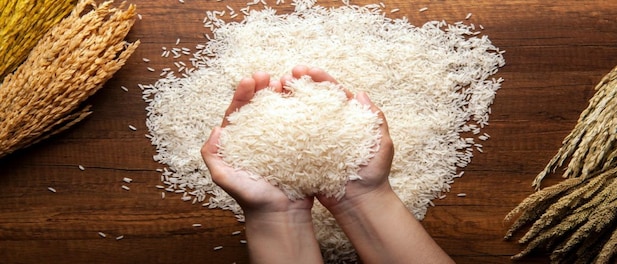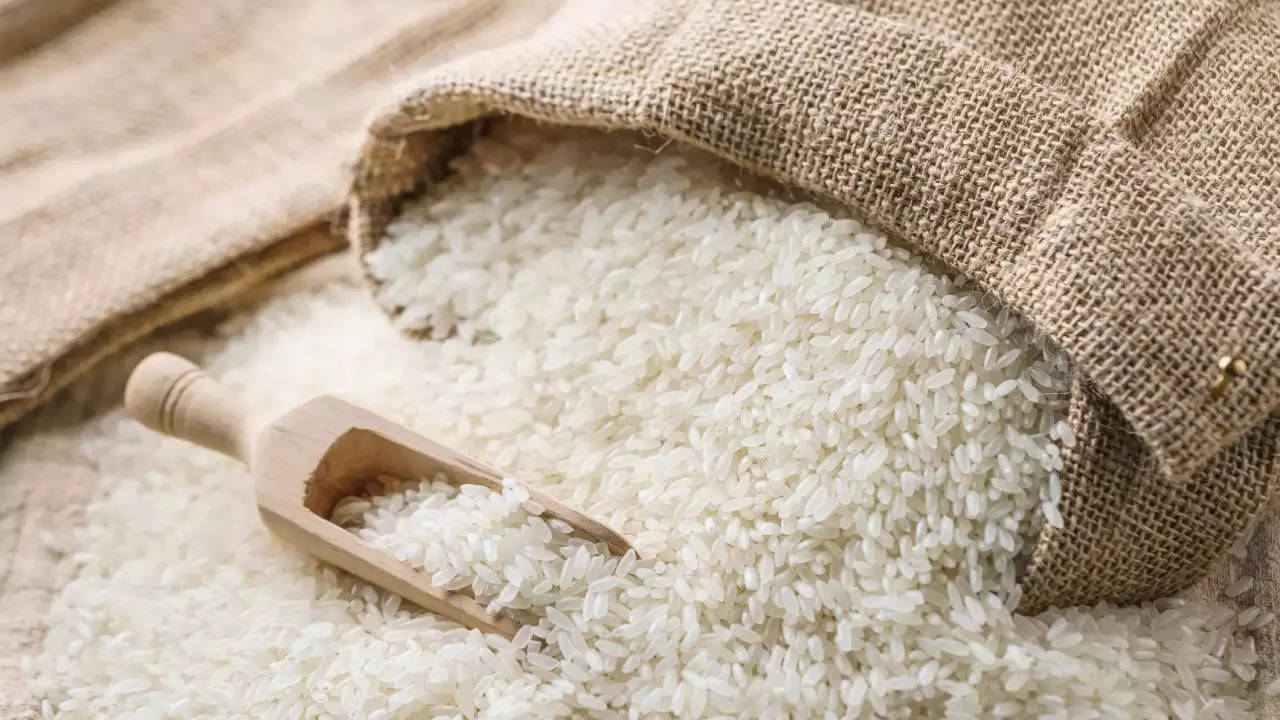India’s Bold Step: Allowing Rice Export to Singapore to Bolster Food Security

India’s Bold Step: Allowing Rice Export to Singapore to Bolster Food Security
In a strategic move to reinforce international ties and contribute to global food security, India has taken the remarkable decision to permit the export of rice to Singapore. This proactive measure aims to meet the food security requirements of Singapore, while also addressing India’s domestic concerns. The announcement comes as a testament to the special relationship shared between the two nations, further strengthening their diplomatic and economic bonds.
The spokesperson for India’s ministry articulated, “In view of this special relationship, India has decided to allow export of rice to meet the food security requirements of Singapore. Formal orders in this regard will be issued shortly.” This development follows a surprising ban on the exports of widely consumed non-basmati white rice imposed by India just last month. This earlier decision, coupled with a ban on broken rice exports implemented the previous year, underscored India’s commitment to securing its own domestic market.

Non-basmati white rice, which constitutes about a quarter of India’s total exports, was particularly affected by these bans. The primary objective behind such actions was to ensure adequate availability of this staple in the domestic market and to allay the rise in prices, thereby contributing to the stability of India’s consumer affairs and food sector. This move was also tied to the broader effort of curbing inflation, which India has been diligently working on ahead of impending state elections later in the year.
India’s diplomatic gesture to allow rice export to Singapore falls within this larger framework of managing domestic concerns while nurturing international relationships. The decision aligns with Singapore’s own efforts to diversify its sources of food imports and enhance its food security. Singapore has consistently pursued a comprehensive food security strategy due to its limited agricultural resources and dependence on imports to meet the needs of its population.
Singapore’s reliance on food imports makes it particularly vulnerable to disruptions in global supply chains, as witnessed during the COVID-19 pandemic. The pandemic exposed the fragility of food systems worldwide and prompted nations to rethink their food security strategies. The collaboration between India and Singapore in the realm of food trade contributes significantly to mitigating such vulnerabilities.

India’s move to export rice to Singapore also has economic implications that extend beyond the realm of food security. By fostering stronger trade relationships, India is positioned to diversify its export markets, reducing its dependency on any one region. This diversification is a prudent economic strategy that hedges against risks associated with overreliance on a single market.
Furthermore, India’s decision aligns with the broader principles of international cooperation to achieve Sustainable Development Goal 2 – Zero Hunger. The export of rice to a nation actively striving to bolster its food security demonstrates India’s commitment to global efforts in eradicating hunger and ensuring access to safe and nutritious food for all.
It’s noteworthy that India’s decision to allow rice exports to Singapore is not without challenges. The move comes with its share of domestic concerns, particularly in the backdrop of the ban on non-basmati white rice exports, which had been implemented to stabilize domestic prices. There might be apprehensions about potential impacts on the availability and affordability of rice within India.
To address these concerns, India must adopt a balanced approach that considers the needs of both its domestic market and its international partners. Implementing mechanisms to ensure that domestic prices remain stable while also meeting the export commitments to Singapore will be crucial. This requires a coordinated effort from India’s consumer affairs and food ministry to strike the right equilibrium.
)
In a world where geopolitical uncertainties and environmental challenges continue to impact food production and distribution, collaborations like the one between India and Singapore set a powerful precedent. This joint effort transcends borders and demonstrates that nations can come together to address shared concerns and ensure the well-being of their populations. By embracing such cooperative strategies, countries can build a more resilient global food system that not only safeguards against disruptions but also paves the way for a more prosperous and secure future for all.
In conclusion, India’s decision to permit rice exports to Singapore marks a significant stride in the pursuit of global food security and strengthened international ties. This move not only showcases the mutual trust and special relationship between the two nations but also highlights India’s commitment to broader global goals, such as achieving food security and sustainable development. As India and Singapore move forward with this strategic collaboration, the world watches closely as an example of diplomatic cooperation for the greater good.




